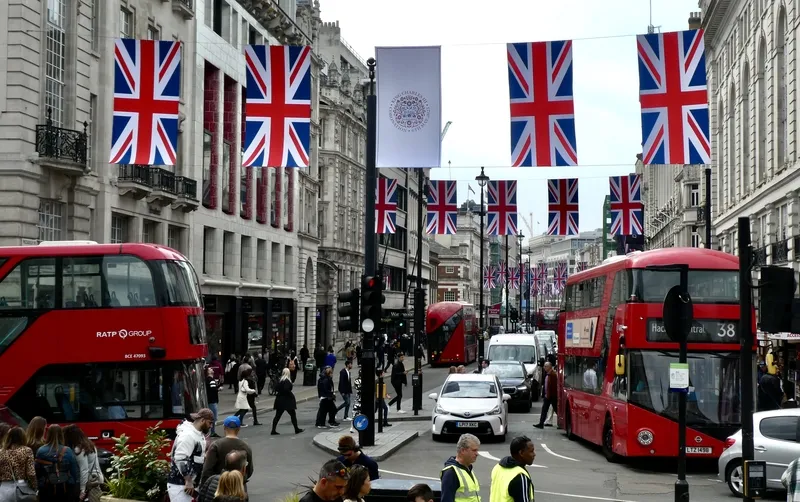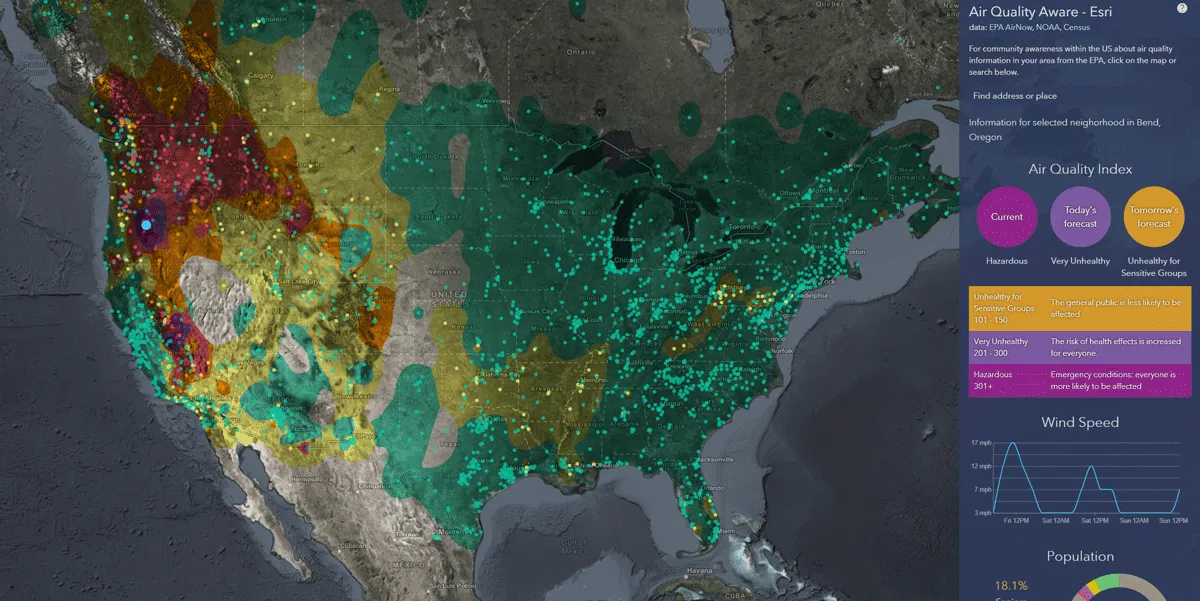
VivaCity has unlocked some intriguing findings from monitoring people movement in London, UK, last Saturday.
It found that pedestrian footfall along the route of King Charles III's coronation procession in the UK capital was under half of that seen at the late Queen Elizabeth's Platinum Jubilee in the city.
While pedestrian footfall was up 77% compared to the average Saturday, it was 42% lower footfall than the than for the Queen’s celebration in 2022.
Gathered anonymously by AI-powered sensors, the information came from popular London locations Westminster and Constitution Hill: the sensors recorded a peak of 4,250 pedestrians for last weekend's celebrations, compared to 10,000 people at the event last year.
The peak last Saturday came during the King's procession to the palace from Westminster Abbey.
There was a spike in pedestrian traffic from 6-8am, coinciding with the opening of viewing areas to see the procession - with movement picking up again to its highest level at 2pm when crowds made their way to Buckingham Palace to catch a glimpse of the Royals on the balcony.
VivaCity says footfall in areas surrounding Buckingham Palace was twice as high when the Royal Family appeared on the balcony during Queen Elizabeth’s Platinum Jubilee event, compared to the King's coronation ceremony on Saturday.
Compared to average data from January to May this year, the coronation saw car usage down by 85% compared to typical use on a Saturday, with a 77% increase in pedestrian activity near the possession route recorded.









